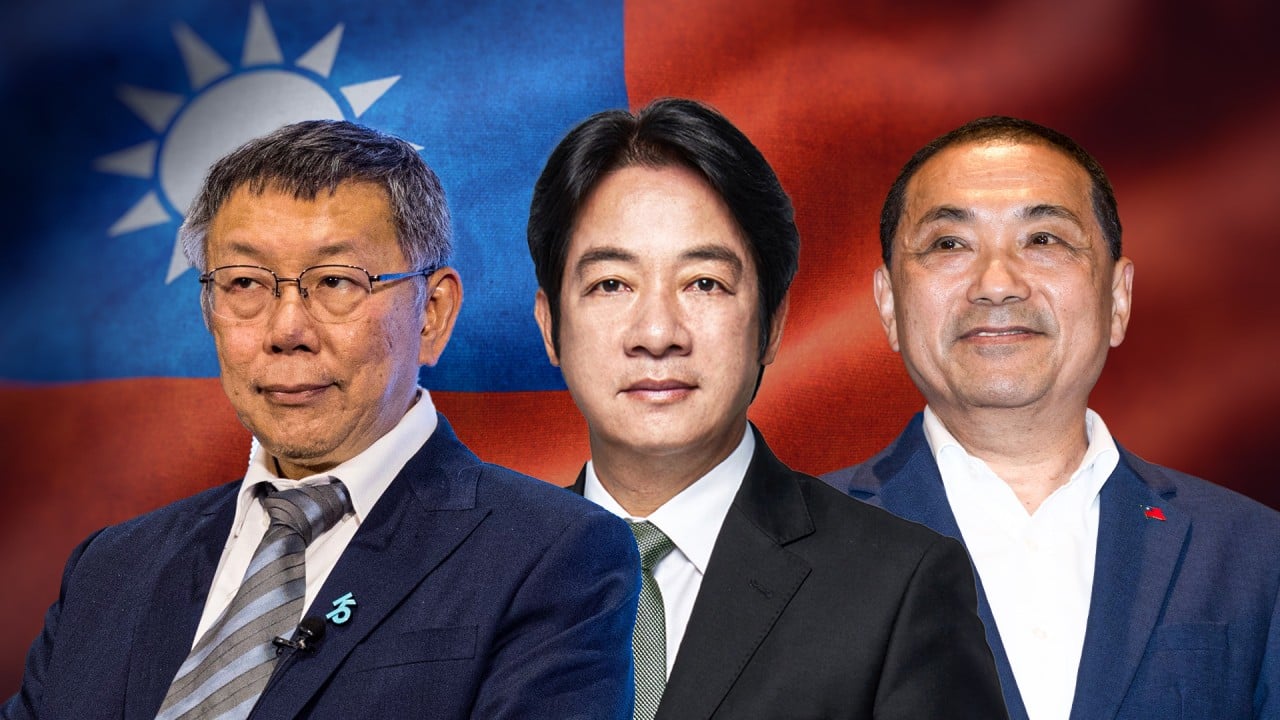US, Chinese officials remain at odds over Taiwan during military talks, days ahead of election
“The US needs to take seriously China’s concerns and do more to contribute to the development of the two militaries’ relationship,” the Chinese statement said.
Michael Chase, the US deputy assistant defence secretary for China, Taiwan and Mongolia, who hosted the meeting, underscored the importance of peace and stability across the strait, the major shipping lane that separates mainland China from Taiwan.
He also said both countries should keep military-to-military lines of communication open to prevent competition from turning into conflict, according to a Pentagon statement. Chase also discussed operational safety in the Indo-Pacific and said the US would continue to operate in areas allowed by international law.
Taiwan reports 17 balloons approaching from mainland China as election nears
Personnel aboard ships and planes of the US and its allies have complained about “unsafe” manoeuvres by the Chinese military in the Taiwan Strait and the South China Sea, over which Beijing lays vast claims.
The Chinese delegation told the US to downsize its military presence in the South China Sea and stop supporting “individual countries” in what Beijing sees as a “violation of its rights” and “provocation”.
“The US should fully recognise the root cause of safety issues in the air and at sea, and strictly restrain frontline troops,” it said.
The Chinese delegation was led by Major General Song Yanchao, the deputy director of the Central Military Commission’s international military cooperation office. The commission is China’s highest military command and is headed by President Xi Jinping.
3 days before Taiwan vote, Beijing offers details on cross-strait ‘model zone’
Taiwan’s elections on Saturday will result in a new president, whose policy will shape US-China and cross-strait relations for the years to come.
He said at a news conference on Tuesday that if elected president, there was no need to declare independence because “Taiwan is already an independent country with sovereignty”.
Beijing’s diplomats and military officials have criticised the DPP multiple times in the lead-up to the election, and during Tsai’s tenure, for leaning towards independence.
